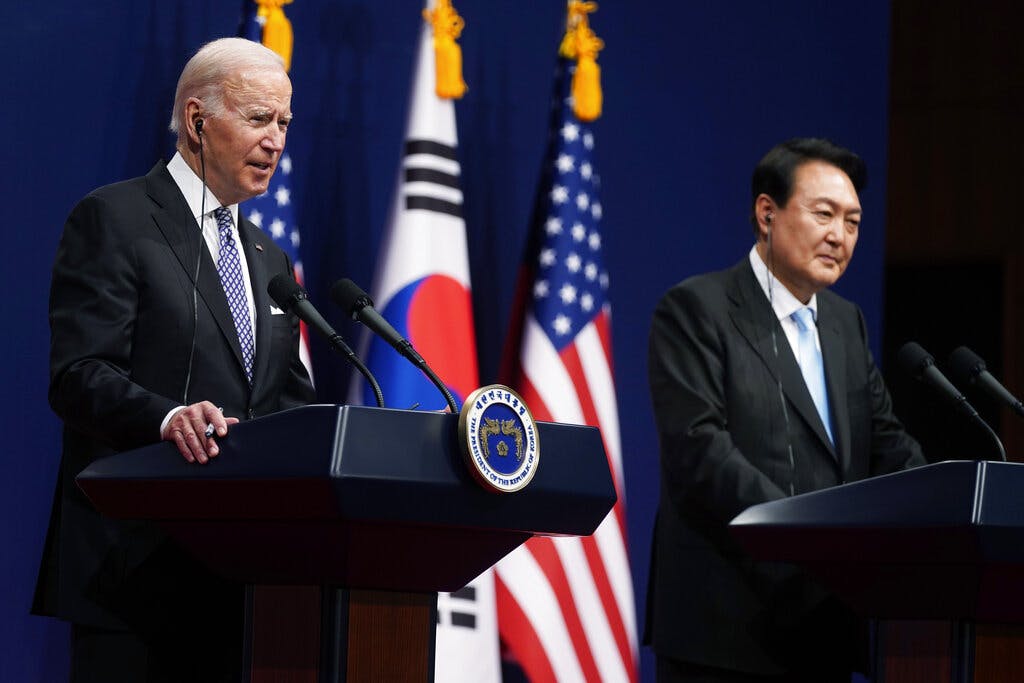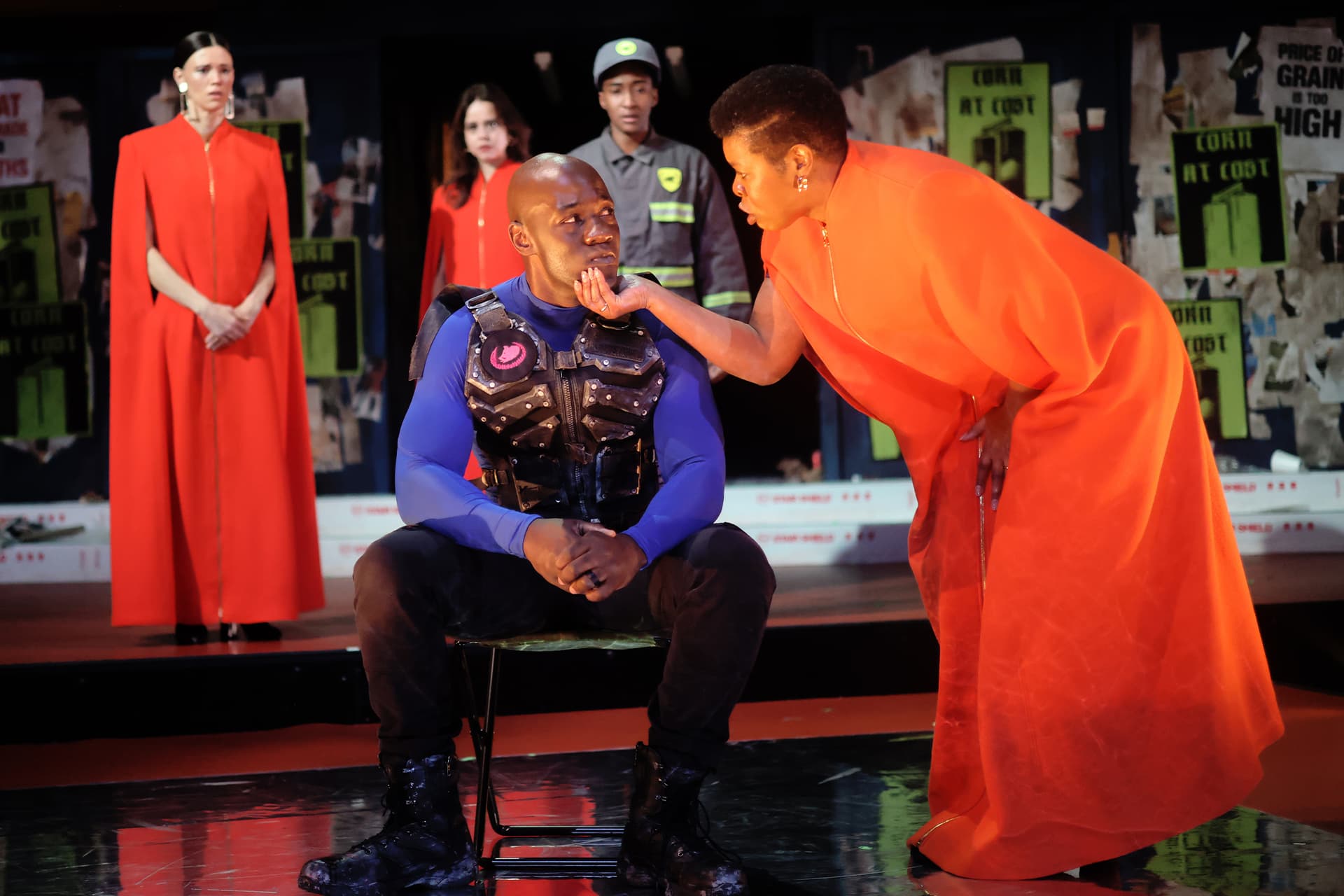
Homeland Security Shutdown Looks Set To Drag On, Bringing New Headaches for Air Travelers
By JOSEPH CURL
|As Presidents Biden and Yoon prepare to meet Wednesday, influential Americans with long experience in the region are highly divided on what to do about North Korea.

Already have a subscription? Sign in to continue reading
$0.01/day for 60 days
Cancel anytime
By continuing you agree to our Privacy Policy and Terms of Service.

By JOSEPH CURL
|
By VERONIQUE de RUGY
|
By ELYSA GARDNER
|
By A.R. HOFFMAN
|
By JOSEPH CURL
|
By DAVID JONES
|
By DAVID JONES
|
By JOSEPH CURL
|